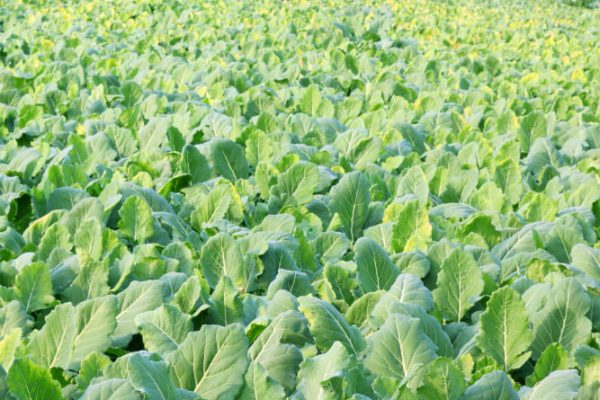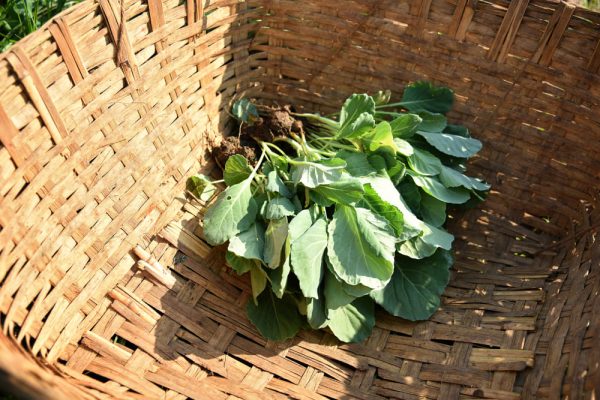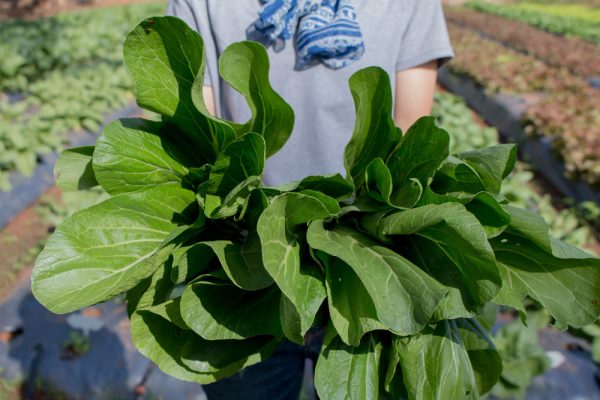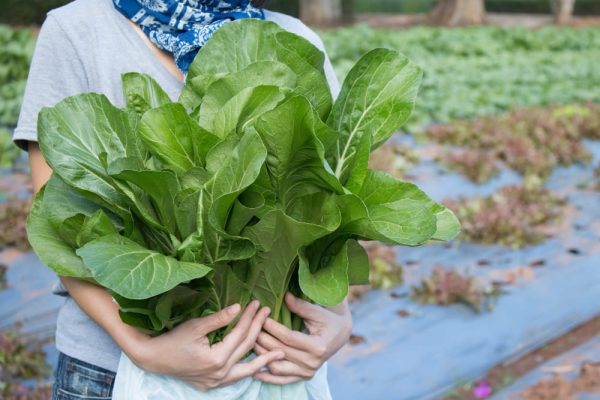Also known as Chinese flowering cabbage, choy sum is a close relative to Bok Choy but has a different subspecies. Belongs to the Brassica genus, the most diverse within the is widely grown and consumed in Asia, which includes other cruciferous vegetables like turnip, cabbage, kale, broccoli, etc., which are known to be high in health-promoting compounds/phytochemicals like such as vitamins C, E, K, minerals, carotenoids, flavonoids etc. and glucosinolates.




Choy sum has been cultivated in China for over 1,000 years, with its origins tracing back to before the 15th century. In Mandarin, choy sum is called “caixin” which means “the heart of a cabbage.” Choy sum features bright green oval leaves and small yellow flower heads. The plant typically grows to a height of 10 to 40 cm (4 to 16 inches), depending on growing conditions.
Choy sum leaves are a great source of folate (Vitamin B9) prodiving 106% of the daily recommended intake per 100 grams – which is more than bok choy and collard greens. It is also particularly rich in carotenoids. In steamed choy sum, the antioxidant content can be tripled compared with raw choy sum. While specific nutritional data for choy sum is less frequently highlighted than for other brassicas, it is generally recognized as a nutritious vegetable rich in vitamins A (100g provides 25.5% of recommende daily intake) and C (100g provides 71% of the recommende daily intake), along with various minerals like calcium, ion, magnesium, potassium and zinc.
Choy sum is rich in antioxidants, including carotenoids and flavonoids. These compounds help combat oxidative stress by neutralizing free radicals in the body, potentially reducing the risk of chronic diseases such as cancer and heart disease.
The presence of sulfur compounds in choy sum can contribute to cardiovascular health by helping to lower LDL (bad cholesterol) levels. Regular consumption of cruciferous vegetables like choy sum has been associated with a reduced risk of heart disease.
Choy sum contains glucosinolates, which are sulfur-containing compounds that have been shown to have anti-cancer properties. These compounds can help in detoxifying carcinogens and may reduce the risk of certain cancers, particularly breast, colon, and prostate cancers.
Low in calories yet high in nutrients, choy sum can be a beneficial food for weight management. Its high fiber content promotes satiety, helping to control appetite while providing essential nutrients without excess calories.
If you have any question, don’t hesitate to contact us!
Copyright © 2024 Sow & Tell Indonesia | All Rights Reserved | Terms and Conditions